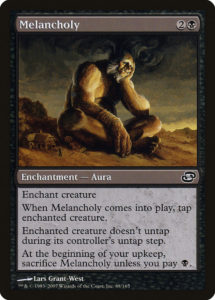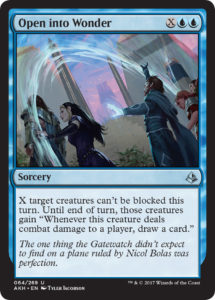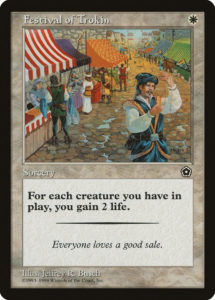Let’s talk about accepting compliments.
For some of us, it’s incredibly difficult to be recognized or congratulated. You tell a story, perform on stage, throw yourself into a project at work, or just make a thing, and someone—sometimes a complete stranger—says, “Great job!” You, incredulous and unprepared, nod and try to force a smile before blurting out something like, “No, I made a whole bunch of mistakes” as the glimmer in their eyes fade and they walk away. Rejecting a kind word not only denies you the benefit of someone else’s gratitude, it can hurt those who were trying to express appreciation and joy, damaging the entire experience: it’s a total net negative.
Once upon a time, I didn’t realize this.
Eight years ago, I learned how to say thank you. I was a deeply dedicated improviser, flitting from class to class, singing with an indie musical improv team, and soon to join my first ever improv house team.
Improv is intimate—it really only works in the moment an improvised show can only ever happen once, so there’s a bond between audience and performer unlike what you see in other forms of theater. Accordingly, this leads to something that happens after almost every improv show: friends, family, acquaintances, and strangers in the audience linger to talk to and congratulate the performers.
If you’re listening to your brain’s nagging, cynical voice, these kind words can seem perfunctory, where audience members approach the people who really nailed a callback or character, and then, feeling bad, complement everyone else within earshot, too. This mindset can deeply devalue any kind words, regardless of whether this suspicion is well-founded.
“Thank you” is always the best default response to a comment. It makes you appear gracious, rather than a jerk. It acknowledges and validates the emotions of the person who took it upon themselves to compliment you. You might not always think you deserve a compliment (or, on the flipside, a cruel word), but someone else’s feelings are never wrong. Saying thanks allows you to appreciate your accomplishments rather than dwell solely on the negativites. It might even make you see yourself in a better light, knowing that another mind witnessed something great yours might have overlooked or not been paying attention to.
This past week, I was overwhelmed with pride at Gen Con. I had the privilege to showcase not only my fantastic team’s hard work at game design, sculpting, 3D printing, playtesting, construction, and decorating (to name a small handful of their collective efforts at Gen Con and over the past year) but the unique joy of getting to demo an unreleased expansion I lead designed. I got to meet our fans and was humbled by their love of who we are and what we do. I received compliments that shook me to my core, some of which might not have felt earned. But I’d long ago learned that it’s not my decision as to whether I deserve a compliment; my duty is to accept praise (and blame) gracefully, to share credit, and to not denigrate any kind words received.
With Gen Con in the rear-view mirror (a car analogy from a lifelong city kid tells you just how exhausted I am flying home Monday evening), I’m excited looking forward to the next year. There is so much left to design, so many projects to manage, so many collaborations to be had. There won’t be any more direct fan interactions until next Gen Con, but I’m glad I have more than enough kind words to see me through to next year.
So please, even if you’re like I was, the kind of person who struggles to accept a compliment, please give it a try. You’re not only doing yourself a service, you’re also respecting the agency and feelings people who feel moved enough to compliment you.
And, as always, thanks for reading. (And a special thanks to Matth from France for the kind words last week!)
—Zachary Barash
Zachary Barash is a New York City-based game designer. He designs for Kingdom Death: Monster, has a Game Design MFA from the NYU Game Center, and does freelance game design. When the stars align, he streams Magic.
His favorite card of the month (and all time) is Prophetic Prism. It’s quintessentially fair, enormously powerful, and allows incredible greed at a reasonable cost (but little opportunity cost). Also, every version of its art is unspeakably beautiful.




